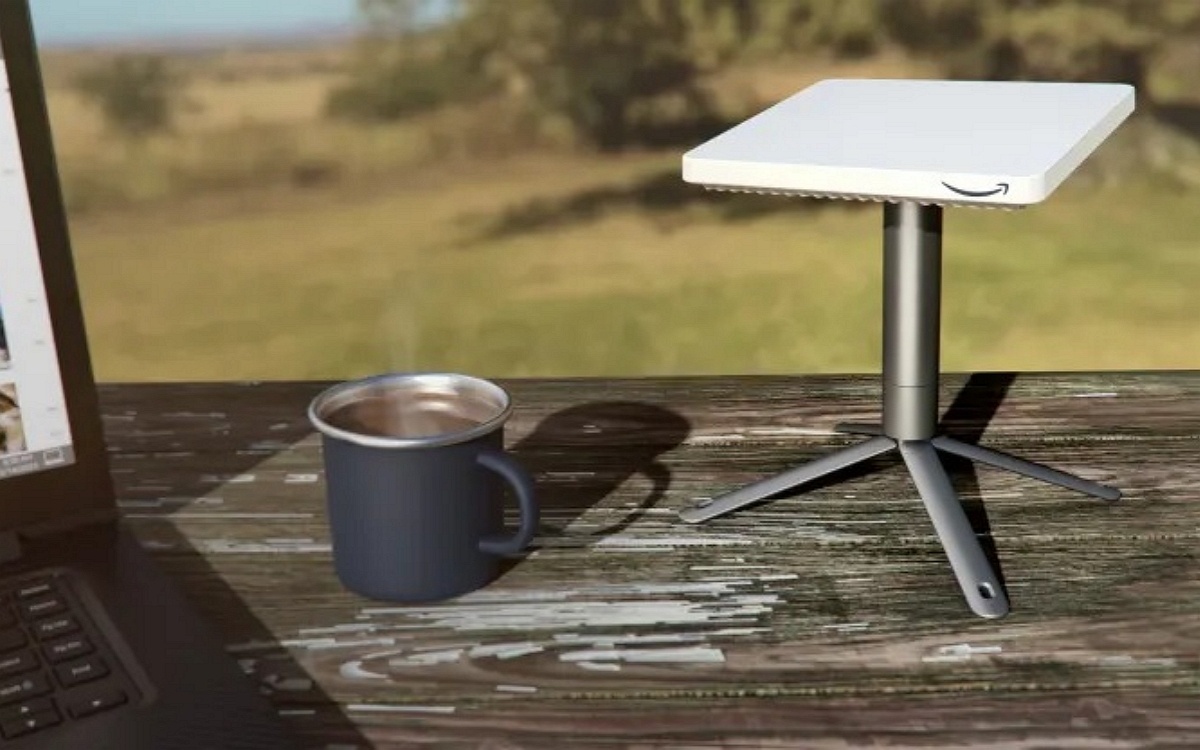Amazon prepares to compete with Starlink with its own satellite internet service
Amazon will spend $120 million to build a new facility for its Project Kuiper satellites in Florida, its satellite internet service that will directly compete with SpaceX’s Starlink.
Jeff Bezos’ ambitions for space exploration are becoming clearer. E-commerce giant Amazon to invest $120 million in the construction of a new satellite processing facility in Floridawhich will serve as the backbone of its Project Kuiper Internet network, the company announced.
The factory will help prepare and integrate Kuiper satellites with Blue Origin and United Launch Alliance (ULA) rockets prior to launches. If all goes well, Amazon plans to launch two prototype satellites in the coming months to test its network and subsystems, and hopes to start production as early as 2024.
Amazon intends to compete with Elon Musk in space
Like Elon Musk’s Starlink, Project Kuiper aims to provide fast and affordable access to satellite broadband in areas ” unserved or underserved by traditional internet and communication options “. The Kuiper project started in 2019 and received a satellite license from the FCC a year later. but still has not launched satellites into space.
Eventually, Amazon’s goal is to put a network of 3,236 satellites into orbit. The company will have its work cut out to hope to catch up on Starlink, which will put nearly 12,000 satellites into orbit. Even if it is still far from it, the service is already able to offer impressive Internet speeds in Europe, which is enough to worry traditional operators.
Amazon also intends to provide satellite dishes to consumers to be able to connect to the service. The company has yet to announce consumer pricing, but it hints at budget-friendly plansstating that ” accessibility is a key principle of the Kuiper project “. The company also intends to offer multiple tiers of speed and price, which SpaceX is also already doing with its own service.
Amazon said a team of about 1,400 employees located in offices in Washington DC, Austin, New York City and San Diego were already working on Kuiper. The company says it has already assembled 77 heavy launchers to help deploy the Kuiper satellite network when it’s ready, and we can’t wait to see if the e-commerce giant will succeed in carving out a place for itself in this market.
